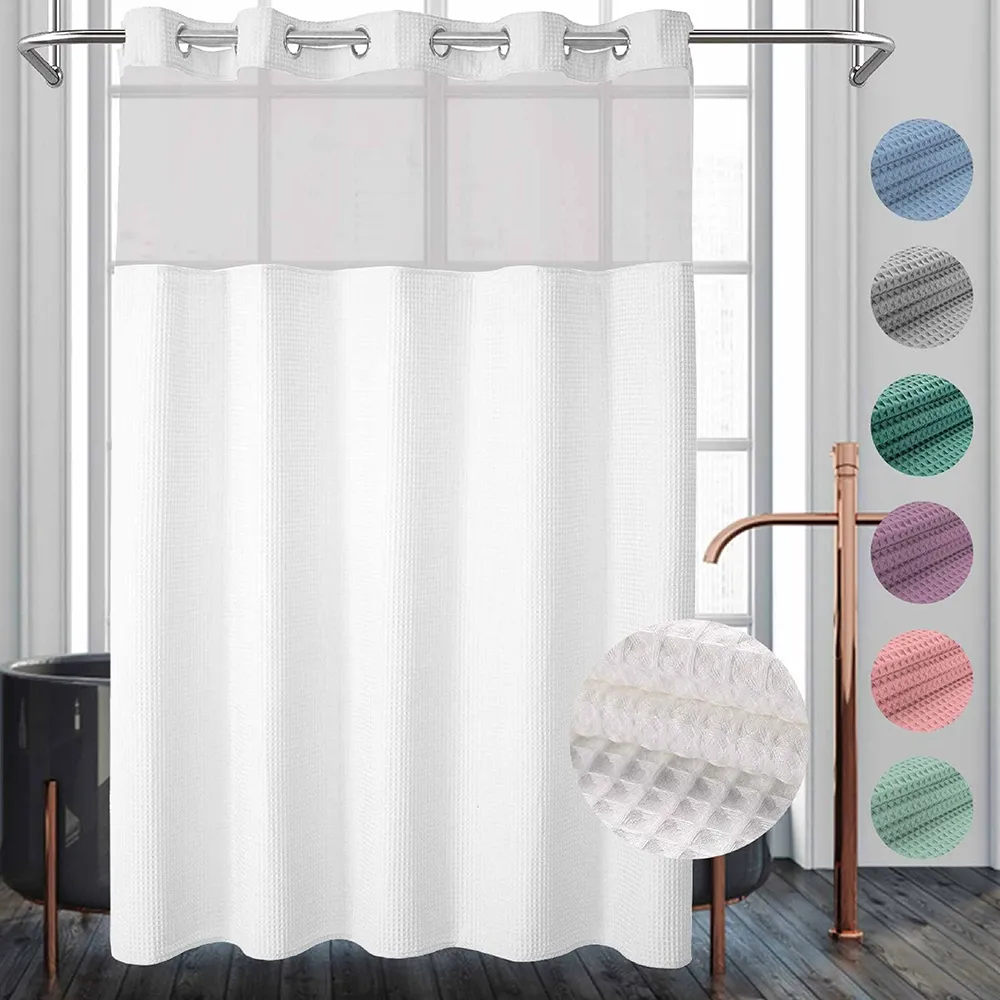microfiber sheets are they hot
Are Microfiber Sheets Hot? Understanding Comfort and Breathability
When it comes to bedding materials, many people are on a quest for sheets that provide the perfect balance between comfort, durability, and breathability. Among the various options available, microfiber sheets have gained popularity due to their softness and affordability. However, a common concern among potential buyers is whether microfiber sheets retain heat and can make you feel hot during the night. This article aims to delve into the characteristics of microfiber sheets, addressing the question Are microfiber sheets hot?
Are Microfiber Sheets Hot? Understanding Comfort and Breathability
One of the critical factors that determine whether sheets feel hot or cool is their breathability. Breathability refers to the material's ability to allow air circulation, which helps regulate body temperature during sleep. While microfiber sheets have some degree of breathability, they are generally less breathable than natural fabrics such as cotton or linen. This can lead to a sensation of warmth, especially in hotter climates or for individuals who tend to sleep hot.
microfiber sheets are they hot

Additionally, microfiber's tightly woven structure tends to trap heat rather than dissipate it. This characteristic can contribute to an uncomfortable sleeping experience for those who are sensitive to temperature changes. As a result, individuals who prefer cooler sleep environments may find that microfiber sheets are not the most suitable option for them.
However, it’s essential to recognize that experiences with temperature can vary significantly from person to person. Some people may find microfiber sheets comfortable and cozy, embracing the warmth they provide, particularly during colder months. The plush feel of microfiber can be soothing and may appeal to those who appreciate the snuggly sensation of their bedding.
If you are concerned about overheating while using microfiber sheets, there are some tips to mitigate this issue. First, consider the types of blankets and comforters you use alongside your sheets. Opting for lighter, breathable bedding can help regulate your overall temperature. Additionally, washing your microfiber sheets regularly can improve their ability to wick moisture away, promoting a more comfortable sleep experience.
In summary, while microfiber sheets possess appealing characteristics such as softness and affordability, they may not be the best option for everyone, particularly those who are prone to getting hot while sleeping. Their lower breathability compared to natural fibers can lead to a warmer sleeping environment. Ultimately, the choice of bedding material should be based on your personal comfort preferences, sleep habits, and environmental factors. If maximizing breathability is a priority for you, exploring alternatives such as cotton or linen might be worthwhile. However, if you enjoy the comforting embrace of microfiber, just ensure to balance your bedding choices to foster a comfortable night's sleep.
-
Understanding the Diverse World of Towel TypesNewsMay.29, 2025
-
The Ultimate Comfort: Discover the Benefits of Polycotton SheetsNewsMay.29, 2025
-
Experience Luxury with 1800 Brushed Microfiber SheetsNewsMay.29, 2025
-
Elevate Your Sleep with Luxurious Hotel Sheets for SaleNewsMay.29, 2025
-
Elevate Your Sleep Experience with Luxurious Linen BeddingNewsMay.29, 2025
-
Discover the Comfort of Polyester Cotton SheetsNewsMay.29, 2025
-
The Ultimate Guide to Bedding Fabric: Elevate Your Sleep ExperienceNewsMay.15, 2025






